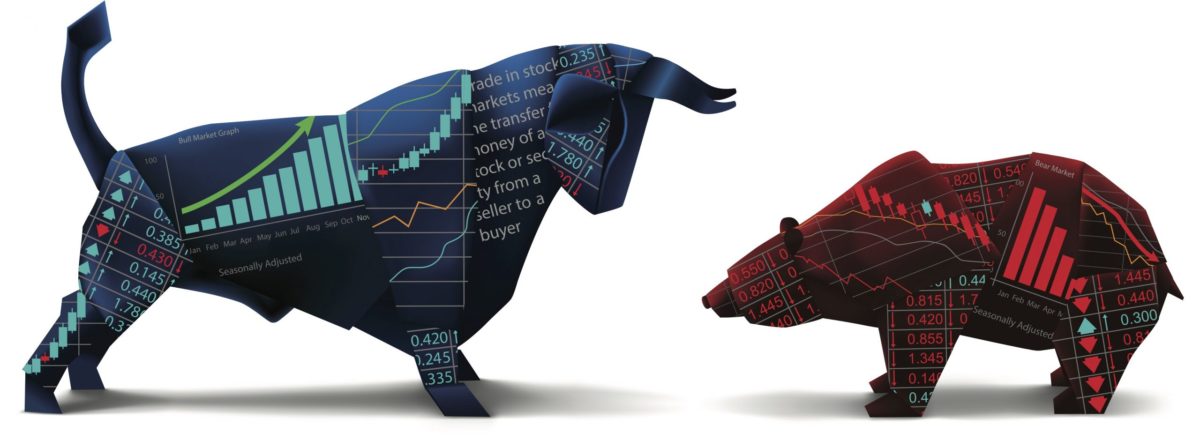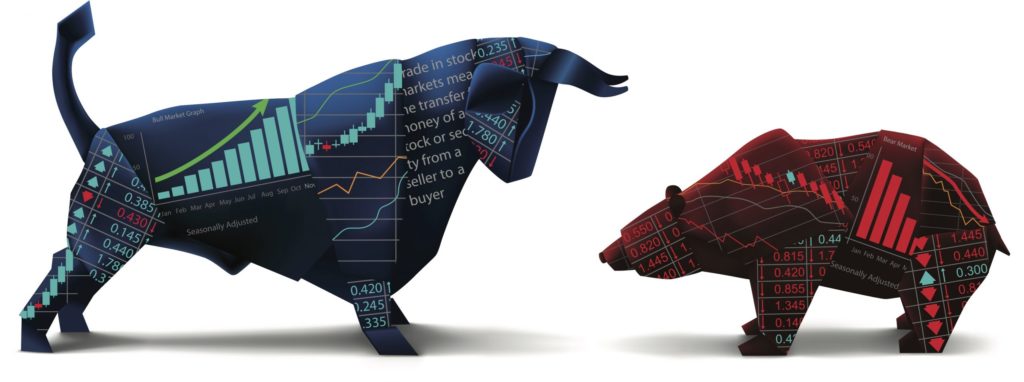Whether retirement is 5 years away or 15, it’s time to plan NOW.
Are you nearing the end of your aviation career? You may not be ready to take off your epaulettes quite so soon, but the FAA currently mandates all airline pilots retire at the age of 65. Are you financially ready to make the transition?
We are airline pilot specialists!
The planners at Leading Edge have years of experience helping pilots from all of the major U.S. airlines grow and protect wealth so they can have as much fun in retirement as they did flying airplanes! In this video, Charlie Mattingly, Principal, CFP®, MBA and fellow airline pilot describes the value Leading Edge can bring to your financial plan.
Want to skip ahead in the video?
Here are the topics broken down by time marker:
00:04 How does Leading Edge Financial Planning help people execute on plans?
00:36 Why is it a good time to invest TODAY vs waiting?
01:12 Leading Edge helps determine if a second business or real estate is a good idea.
02:33 How can Leading Edge help lessen financial emotion?
03:46 Why should a pilot choose Leading Edge?
04:59 Worst and best financial analogies with flying. (Just for fun!)
Click HERE to book a free one-hour consultation. Or call us at 865-240-2292.
More reading:
International Civil Aviation Organization (ICAO)
Fair Treatment for Experienced Pilots Act
Please remember that past performance may not be indicative of future results. Different types of investments involve varying degrees of risk and there can be no assurance that the future performance of any specific investment, investment strategy, or product made reference to directly or indirectly in this video will be profitable, equal any corresponding indicated historical performance level(s), or be suitable for your portfolio. Moreover, you should not assume that any information or any corresponding discussions serves as the receipt of, or as a substitute for, personalized investment advice from Leading Edge Financial Planning personnel. The opinions expressed are those of Leading Edge Financial Planning as of 01/27/20 and are subject to change at any time due to the changes in market or economic conditions.
January 29, 2020




